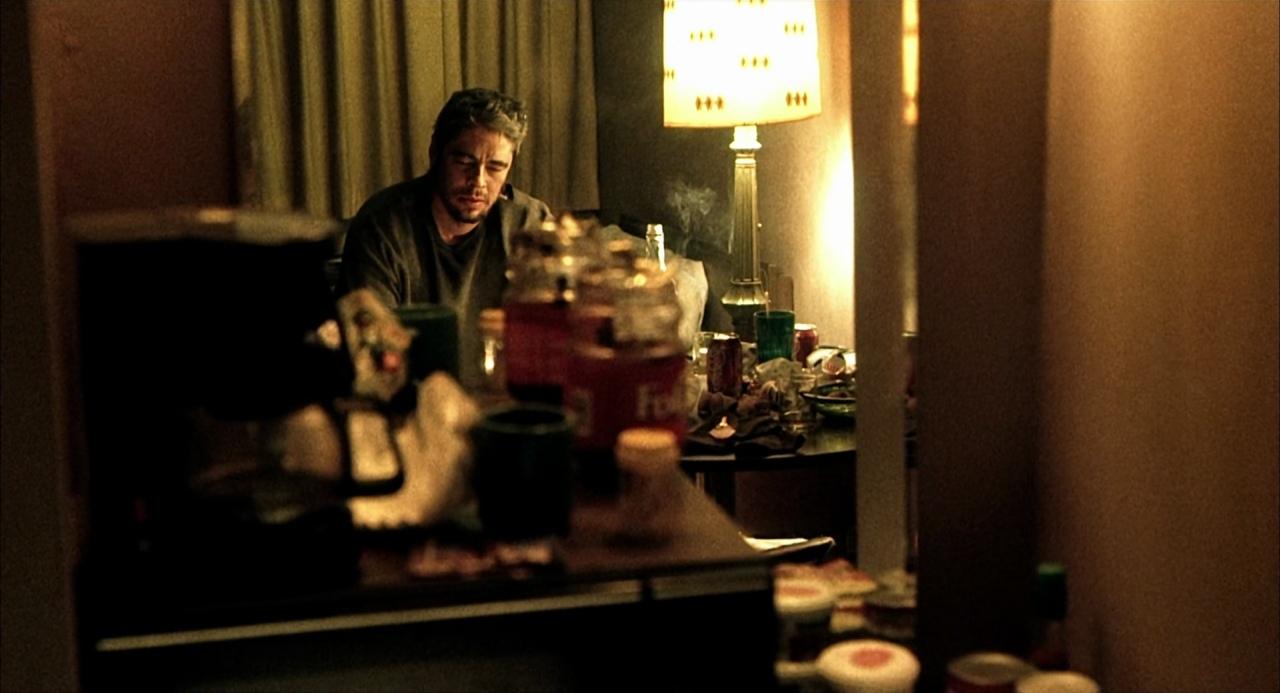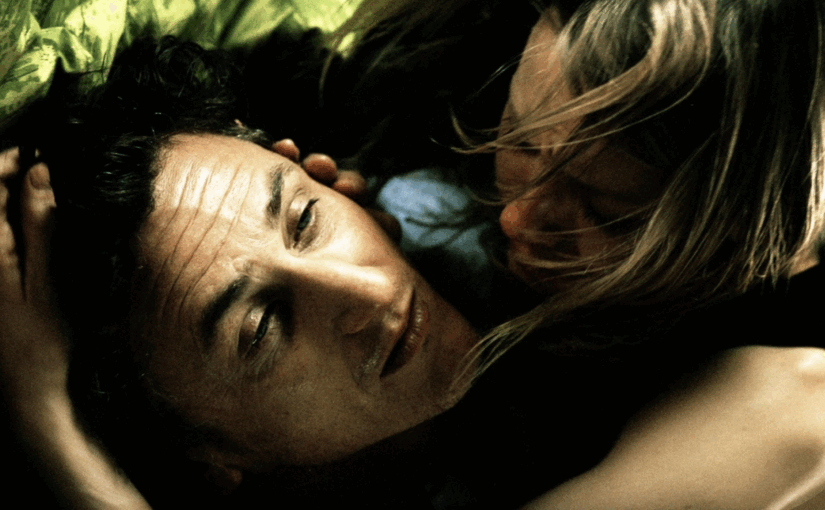Alejandro Iñárritu | 2hr 4min

“Jesus wanted me to have that truck,” ex-convict Jack insists early on in 21 Grams, blissfully unaware that he will soon be behind the wheel when it kills two young girls and their father, Michael. His prosperity has come as a direct result of his conversion, he believes, preordained by a loving, omniscient God. From our perspective too, there was no other way this sequence of events could have unfolded. Jack’s fate is woven into the very structure of Alejandro Iñárritu’s splintered narrative, as are the destinies of former drug addict Cristina and maths professor Paul, pulling these strangers to the centre of a whirlpool that drowns them in guilt, grief, and a pressing sense of their own mortality.
The result is purposefully disorientating, throwing us not only between three colliding stories, but also across their respective timelines. Right as Cristina receives the devastating news that her family has been hit by a truck, we also see a shaken Jack arriving late to his birthday party, confessing to his wife Marianne what he has done. Suddenly, we jump several months forward to Jack driving Cristina and a mortally wounded Paul to the hospital – only to then leap back to Paul being given Michael’s heart, wondering whose death saved him from a life-threatening illness. On a broad level, this narrative indeed progresses from start to finish, yet its asynchronous flow is as jarringly fractured as the lives of its tormented characters.
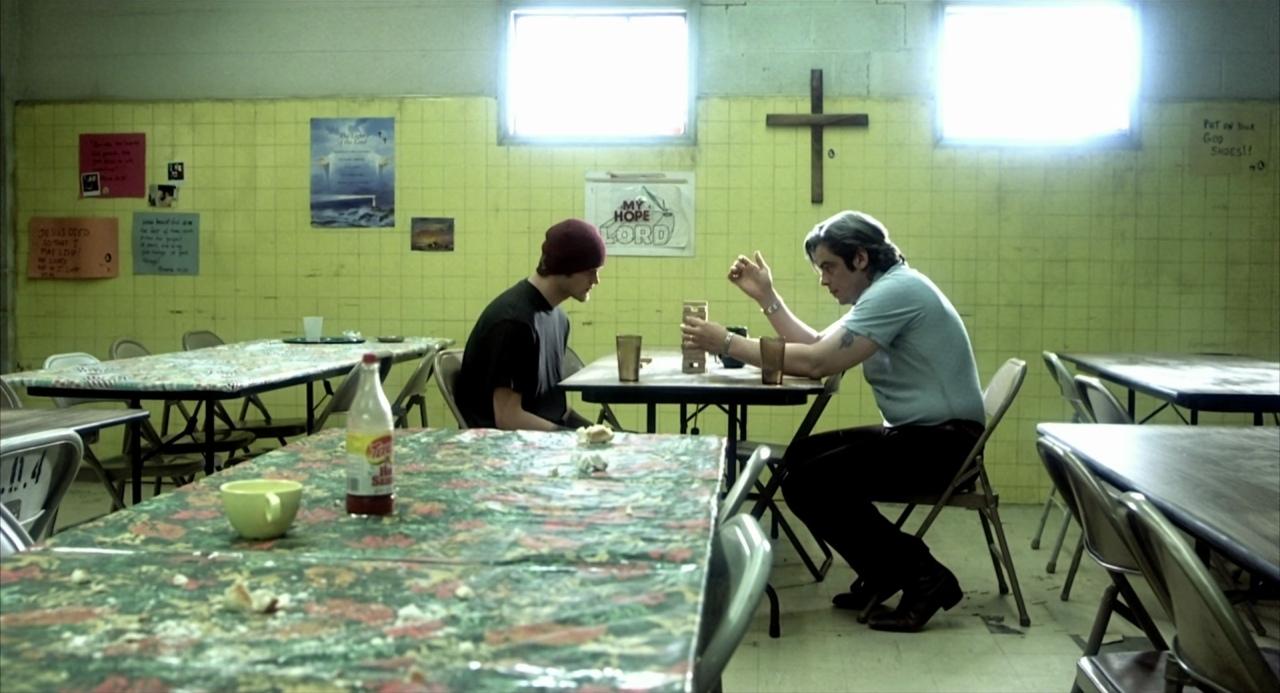
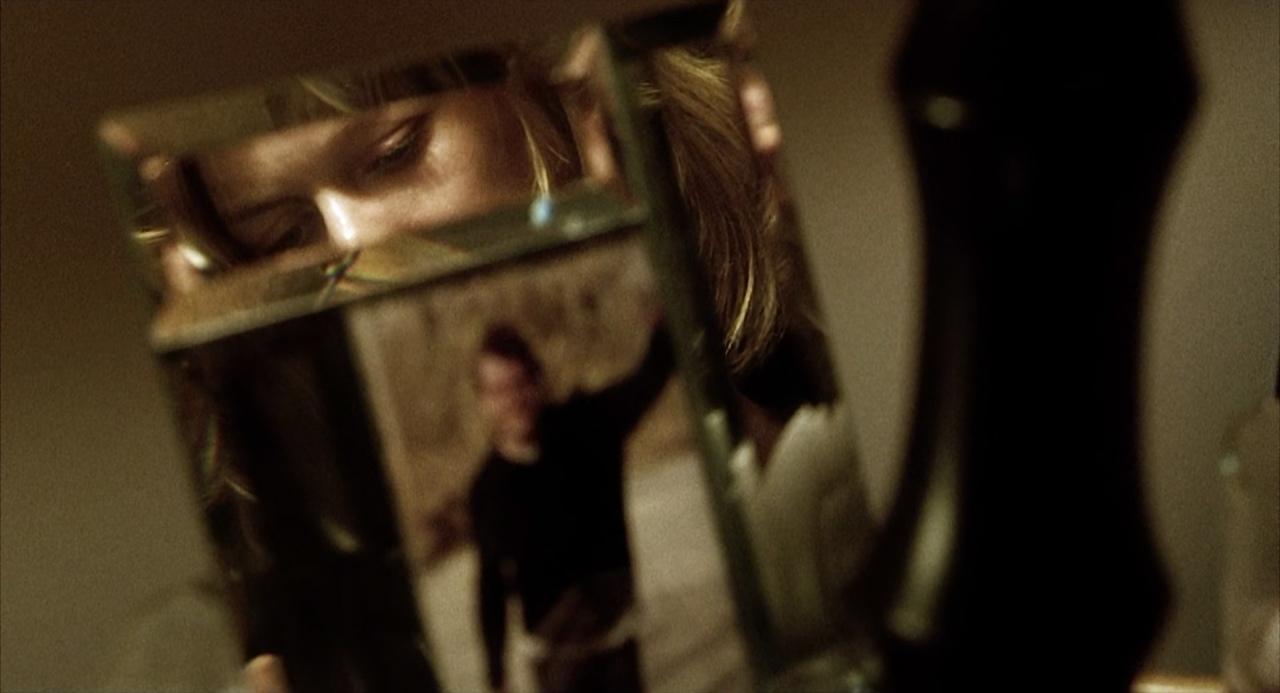
Even more than the examination of humanity’s interconnectedness from Iñárritu’s previous film Amores Perros, 21 Grams binds these strangers together in close physical proximity. No one here truly lives in isolation, so each time we cut to a disconnected scene without the context of what immediately preceded it, we find ourselves trying to fill in the gaps. Showing Cristina smelling her children’s clothes, ambiguously proclaim “We have to kill him” in her next scene, and then bake a cake with her daughters a few minutes later not only whips us between her the emotional extremes of character arc. In moments of happiness, this formal fragmentation instils sorrow, and we equally recall memories of innocent joy as we behold unconscionable devastation.
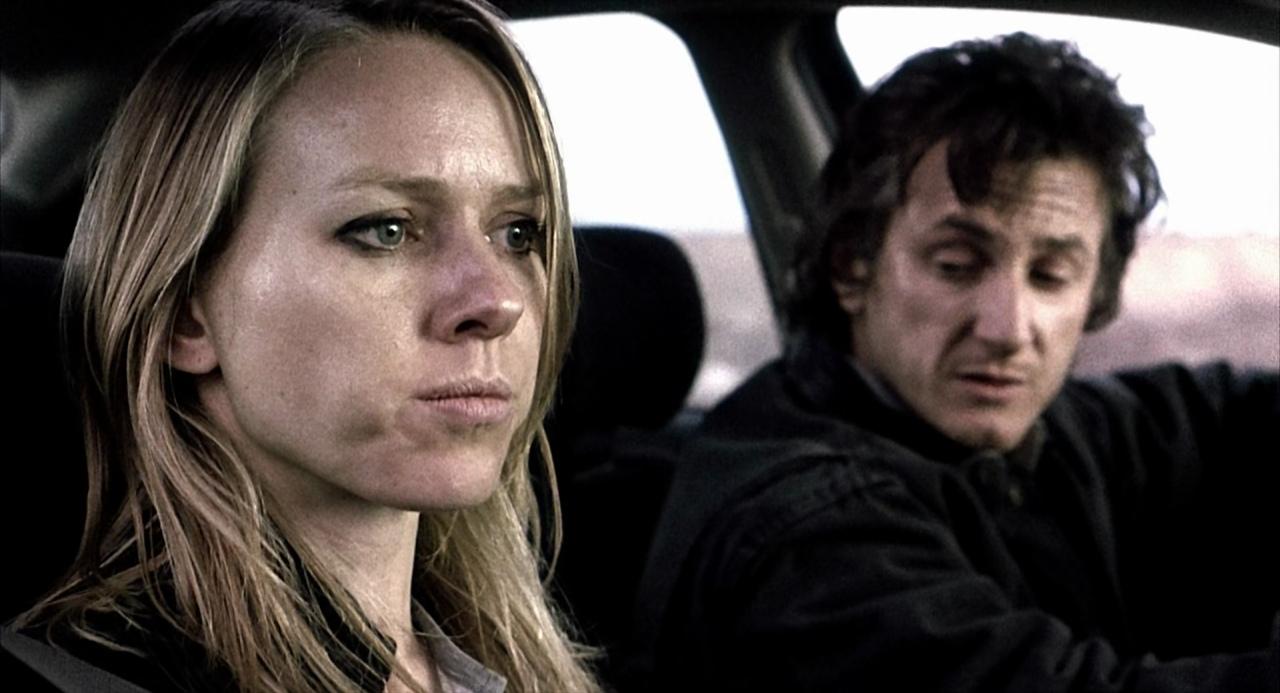
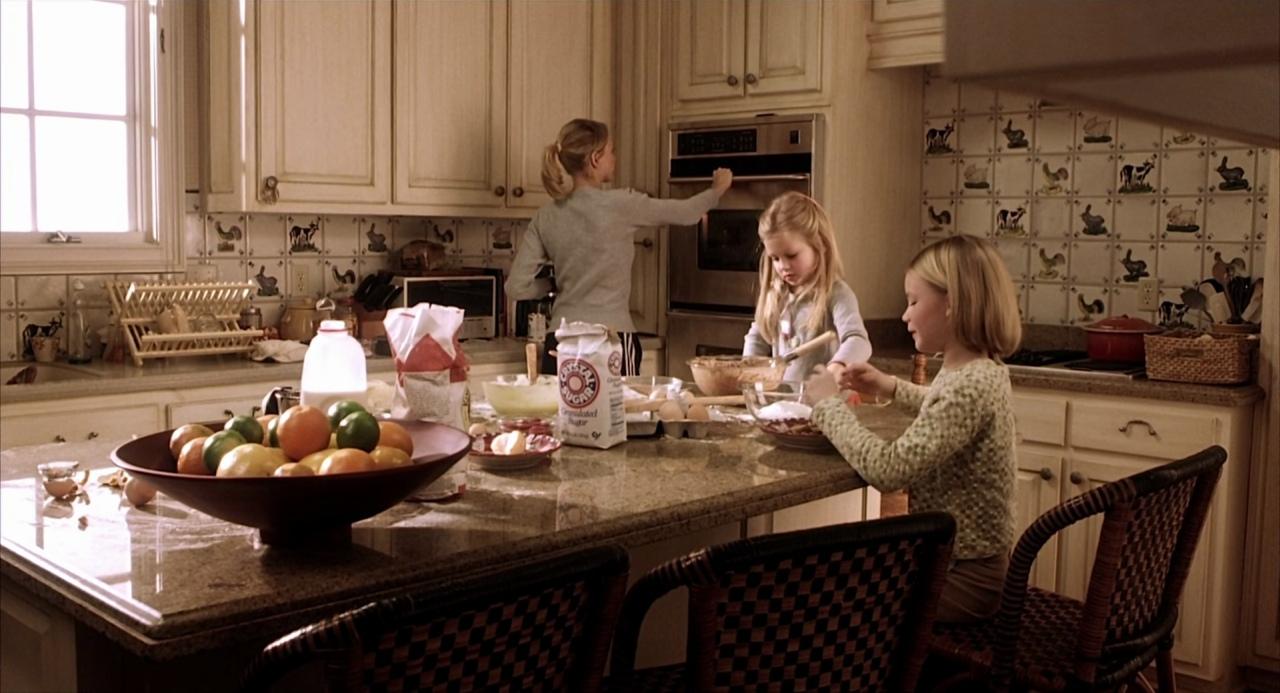
From the disordered information provided to us, we gradually infer what has happened and what is yet to unfold. Like these characters though, still we long for the catharsis of deeper understanding. Jack may be burdened by a guilty conscience after all, but there is no doubt in his mind that this tragedy was anything but an accident. If God gave him that truck, then doesn’t it stand to reason that he was chosen to carry out this manslaughter? If so, then how can he possibly love a God who doesn’t simply allow suffering, but decides who should live with the responsibility of inflicting it?
Where Jack’s belief in a fatalistic cosmos is furiously directed towards an all-powerful deity, Iñárritu lays out a formal contrast through Paul’s scientific determinism, heavily informed by his background as a maths teacher. “There’s a number hidden in every act of life, in every aspect of the universe,” he passionately expounds to Cristina, trying to express his own growing fondness for her. Everything that will ever happen is already written into the code of the universe, he maintains, invisible to the eye of its unassuming inhabitants.
“Numbers are a door to understanding a mystery that’s bigger than us. How two people, strangers, come to meet.”
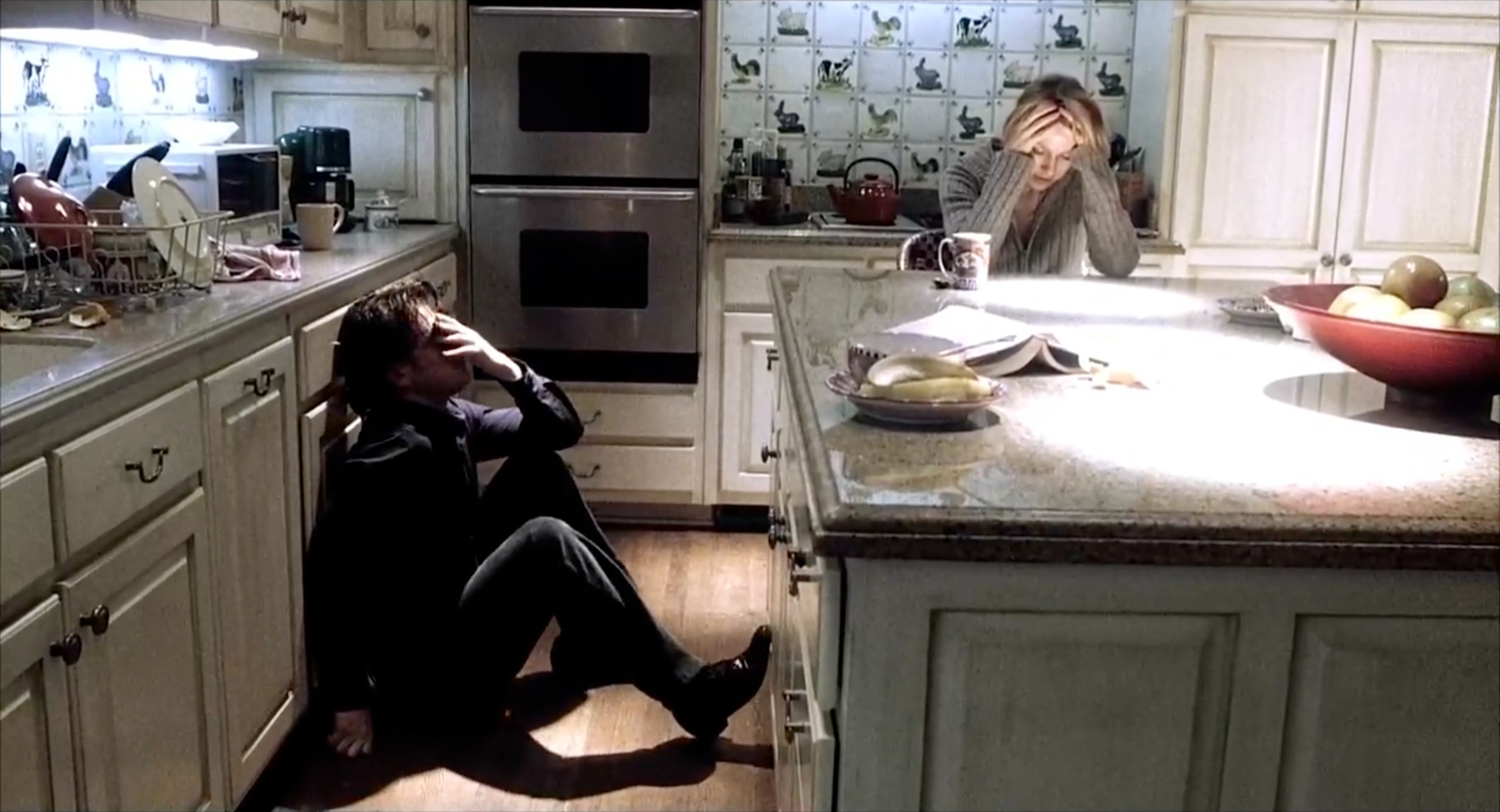
Indeed, what looks at first glance to be sheer randomness in these lives is rather governed by many intersecting causal relationships. Whether one finds joy or tragedy in this complex web of probabilities is purely a matter of subjective experience, yet from the macro perspective Iñárritu grants us in 21 Grams, we also find a spiritual communion of their souls. Although they find themselves on divergent sides of this accident as a perpetrator, a survivor, and a benefactor, all three understand each other better than they realise.
It is largely through the three leading performances that we see these parallels emerge as well, balancing out the film’s expansive scope with raw, interior insight. Benicio del Toro’s tired resignation to suicidal depression, Sean Penn’s melancholy reckoning with the inevitability of death, and Naomi Watts’ grief-stricken regression into unhealthy behaviours are delivered with mesmerising naturalism, exposing all three at their most psychologically vulnerable.
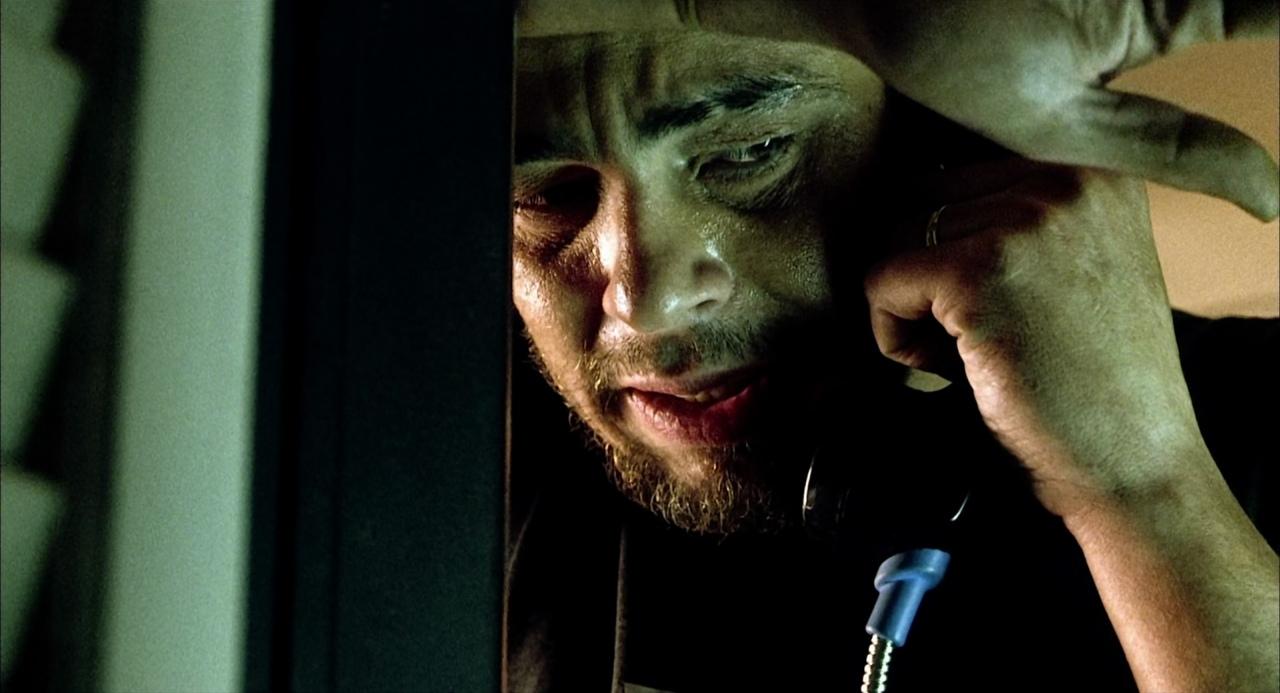
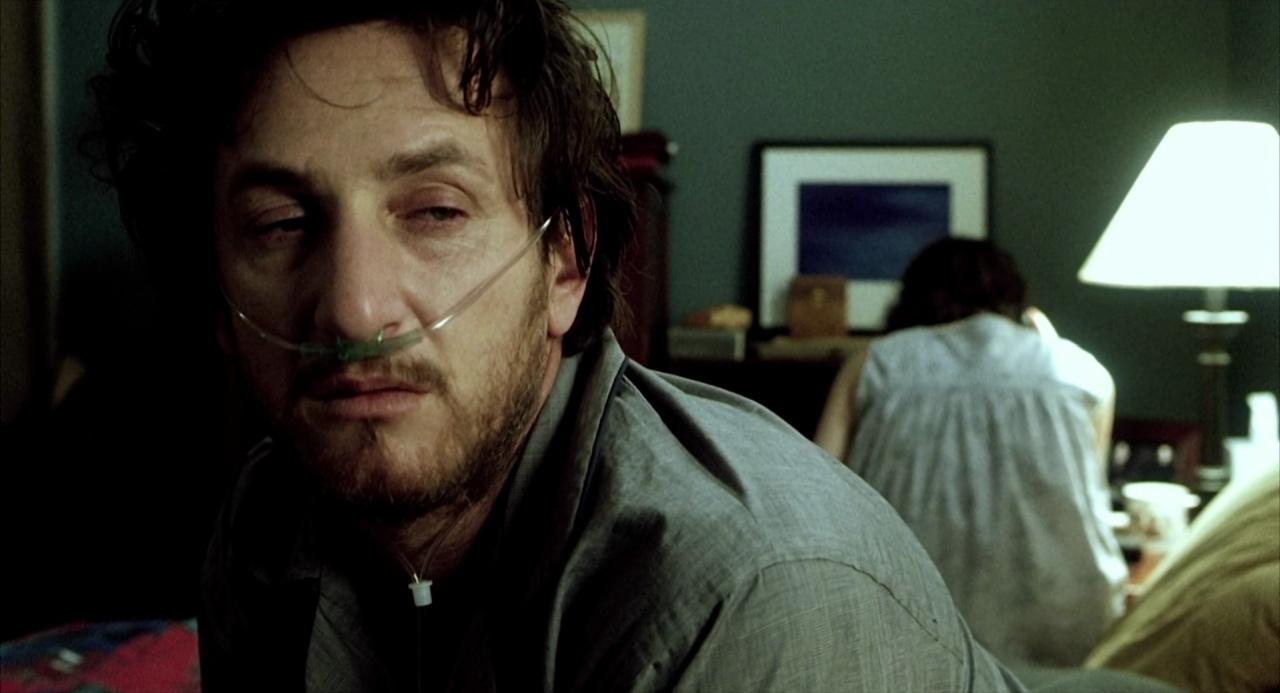
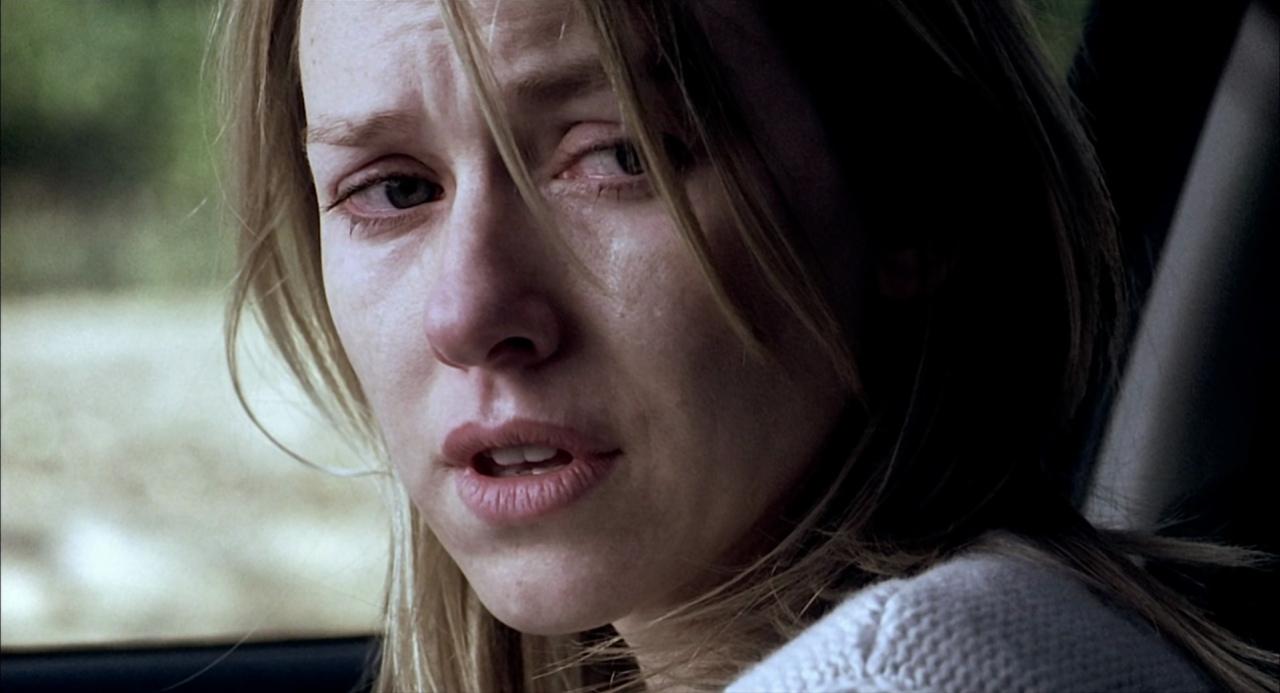
For Watts in particular, the fateful disaster which destroyed her entire family haunts her like a recurring nightmare. The first time it unfolds, we are with her at home, unaware that the voicemail she receives will be the last words she hears them speak. The second time, we are with them on the street, hanging on the excruciating seconds immediately preceding the accident. Finally, we visit the site with Cristina herself, replaying the brief audio message as the camera circles her in shaky, handheld motions. Even according to her own experience, this tragedy cannot be confined to a single point-of-view. As we witness in such pointed formal repetition, it instead warps and echoes into distortions of itself, existing somewhere between an objective historical event and intense, undistilled emotion.
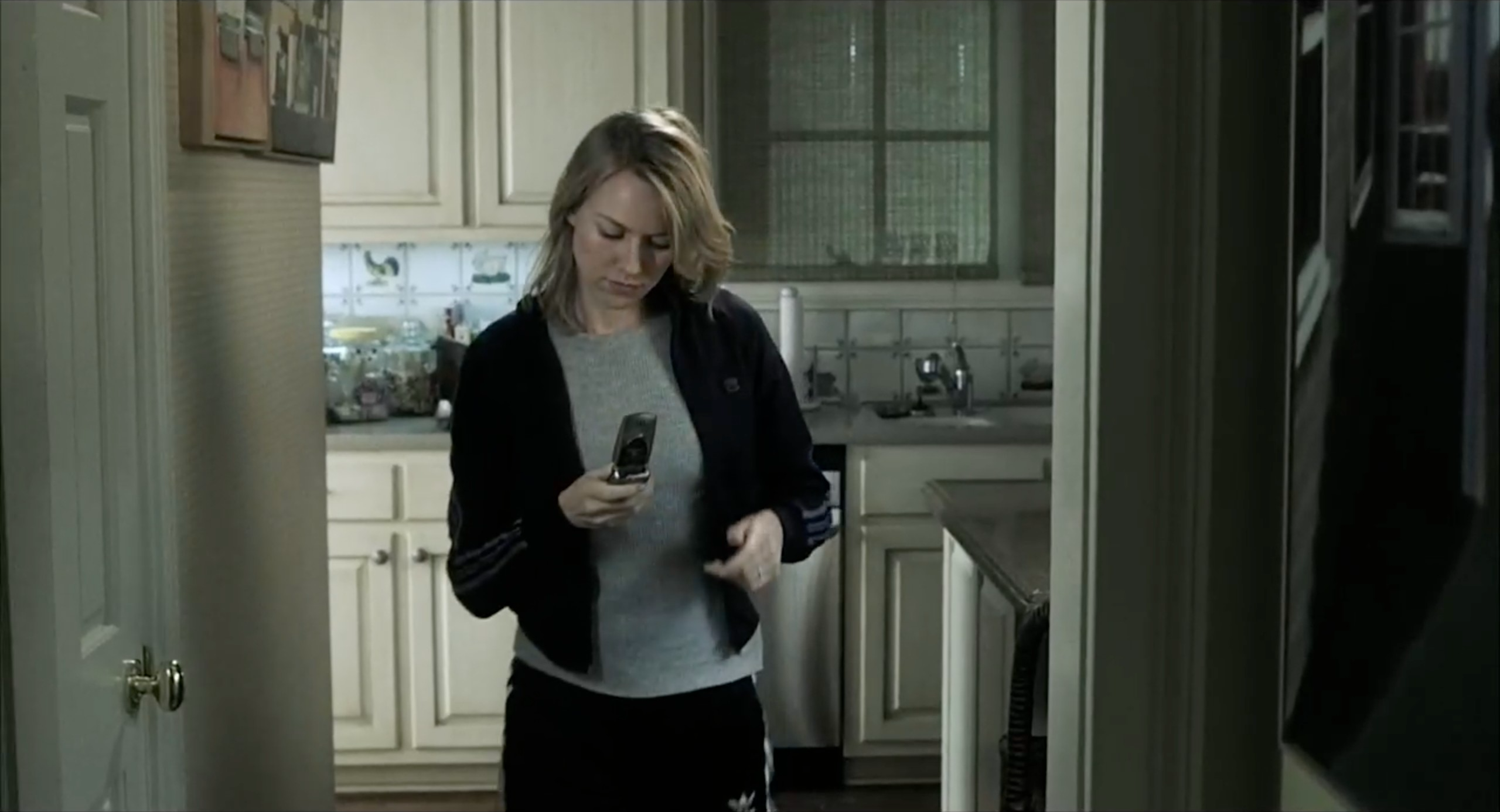
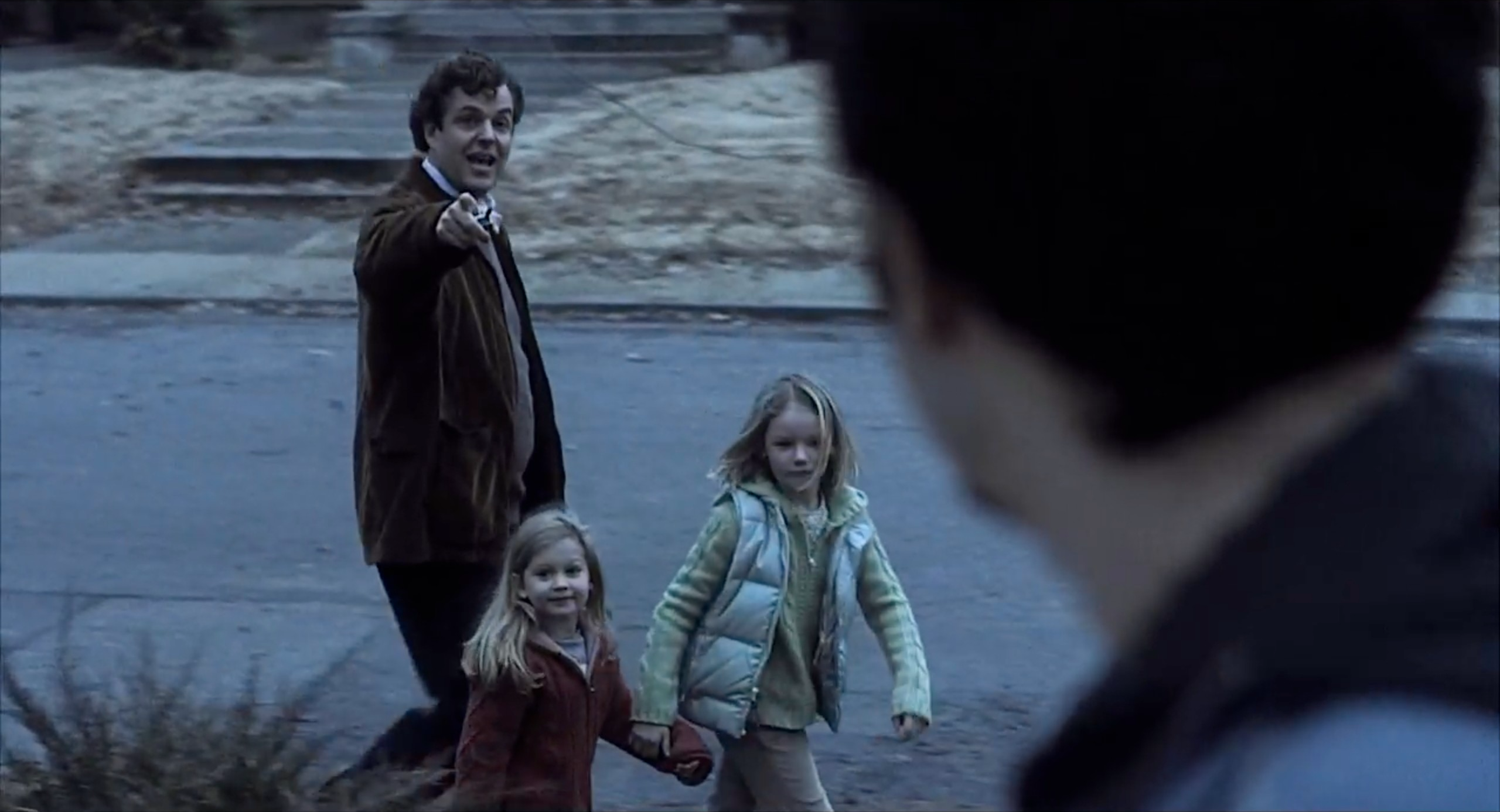
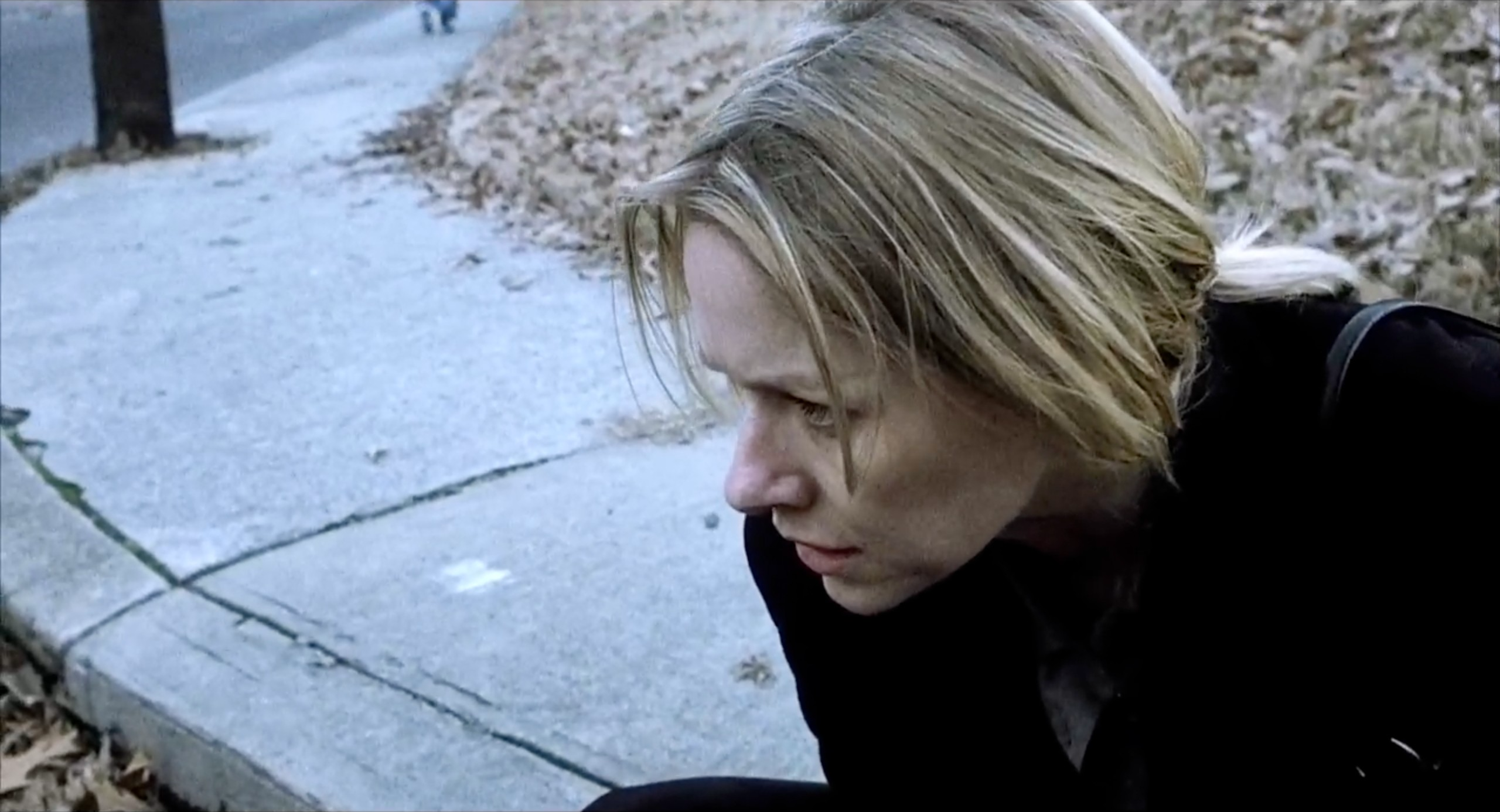
By physically tampering with the film stock as well, Iñárritu alters the crude, gritty texture of his visuals according to each characters’ psychological state, heightening the varying impact of their trauma. This largely comes through the bleach bypass effect, deliberately skipping steps of film processing to increase contrast and decrease saturation, while using a colour cast to wash a faded green tint over its harshest scenes in the prison and hospital. Along with Rodrigo Prieto’s jittery camerawork and Gustavo Santaolalla’s sombre, reverberating score, these stylistic treatments consume us wholly in Jack, Paul, and Cristina’s collective vulnerability, lulling us into a hypnotic submission to fate’s unpredictable hand.
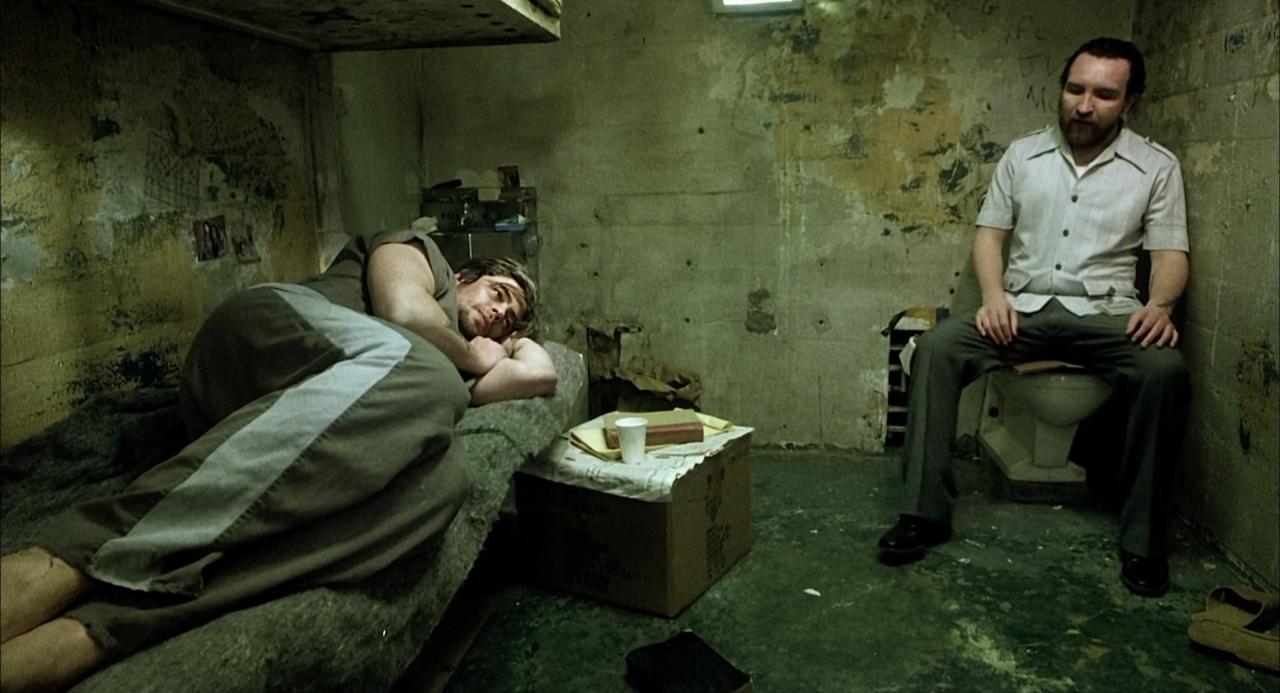
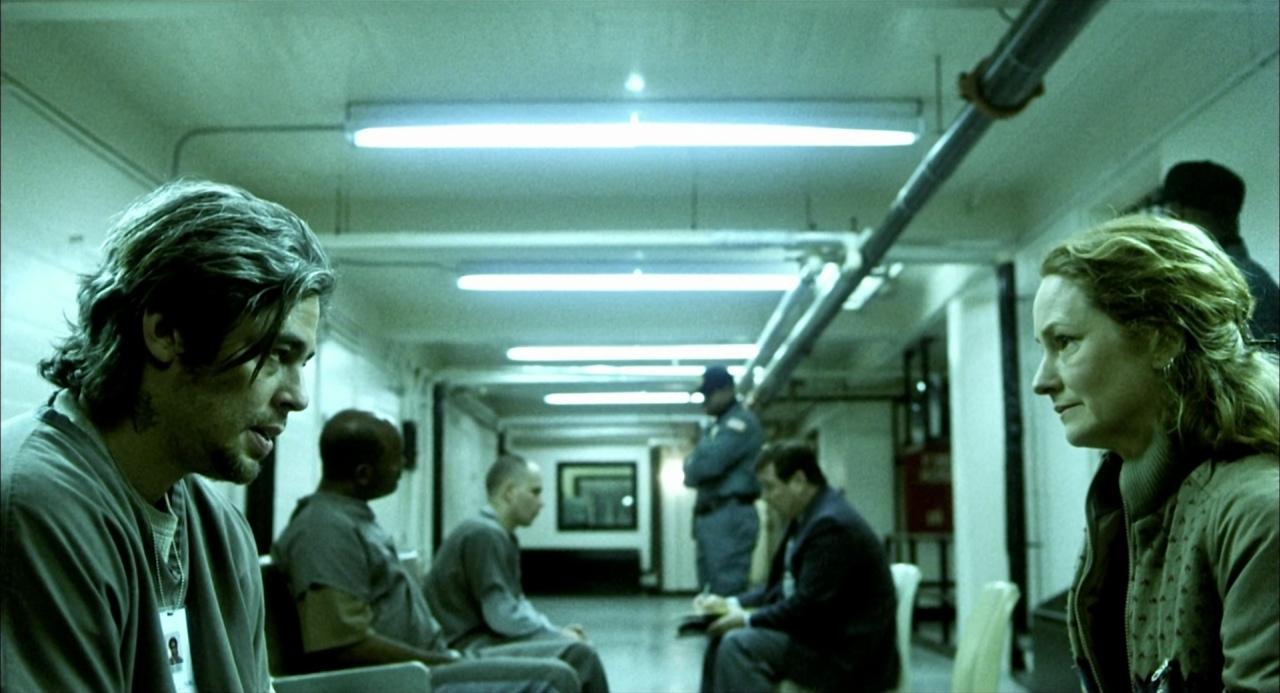
There is a thin line between resignation and acceptance though, and much of it lies in the context one places their own life, regardless of the path that has been travelled. Every so often, Iñárritu grants us reprieve from his arduous narrative by way of cutaways, deeply infused with metaphysical wonder as birds take flight at sunset and leaves blow in the breeze. This complex world evidently sprawls further out than these three interconnected characters, and as their stories finally converge upon a montage of memories and pensive deliberations, there is even a touch of Terrence Malick in its meditative flow.
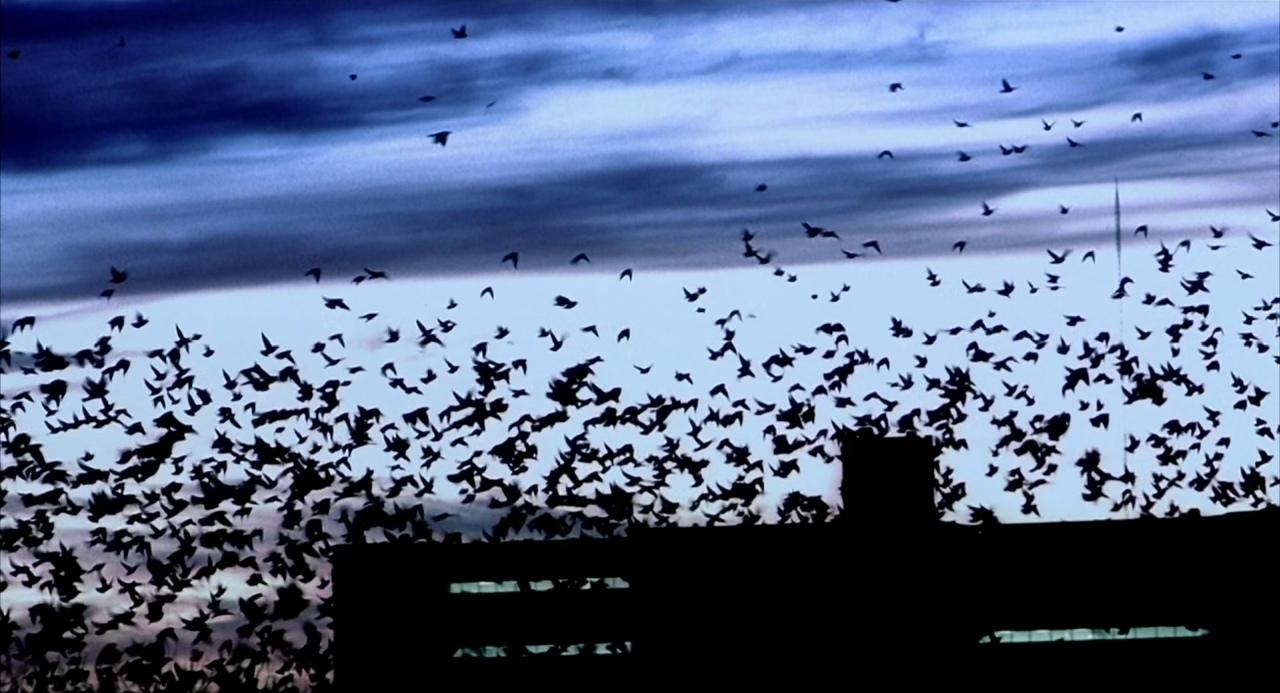
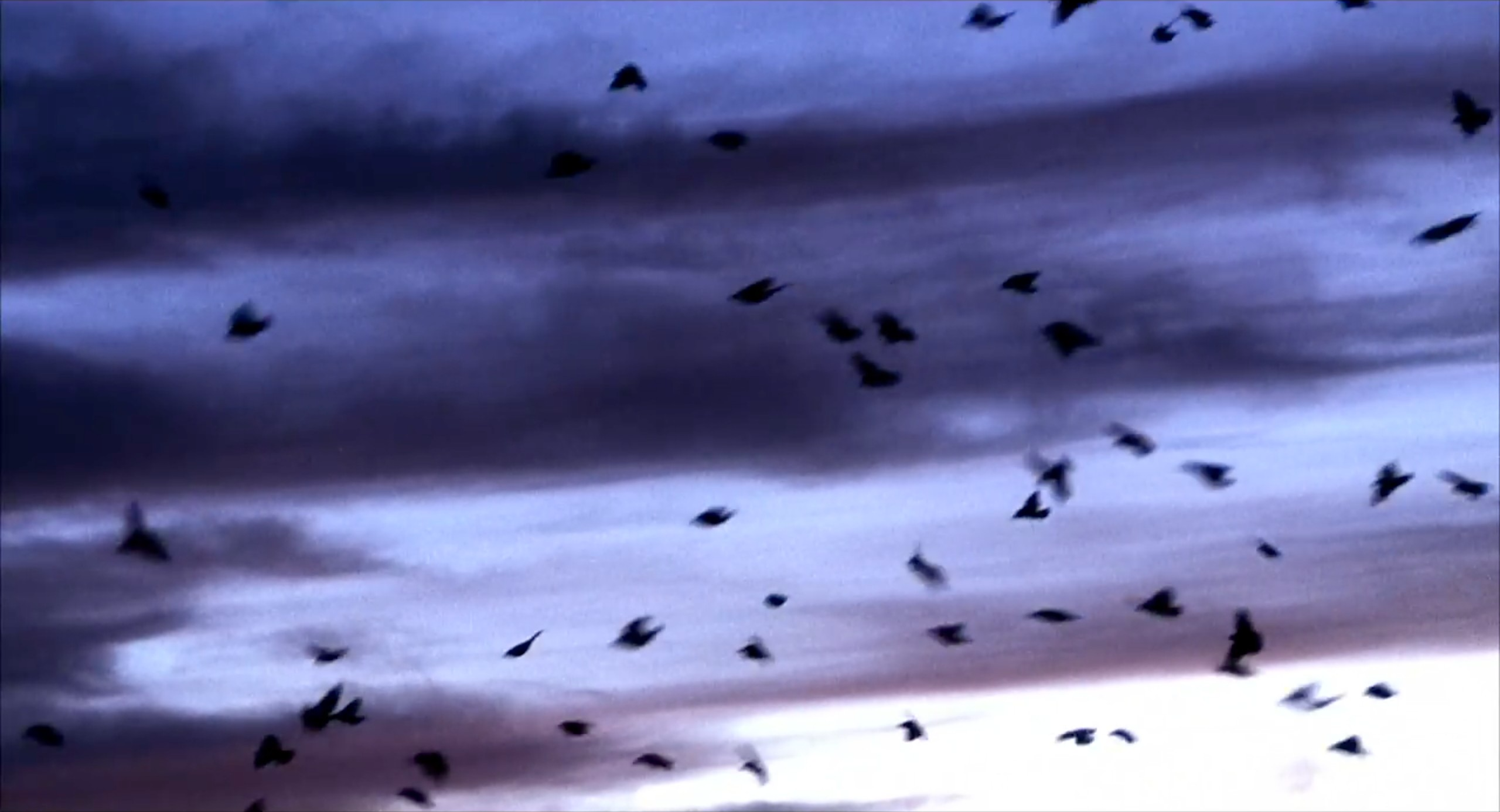
“How many lives do we live? How many times do we die?” Paul reflects as he faces the end of his life for the third time in the film.
“They say we all lose 21 grams at the exact moment of our death. Everyone. And how much fits into 21 grams? How much is lost? When do we lose 21 grams? How much goes with them? How much is gained?”
True to the maths professor’s instincts, an exact number is placed upon the weight of a human life, yet still his thirst for knowledge remains unsatiated. As far as Jack, Paul, and Cristina are concerned, its impact is immeasurable, echoing across a vast network of seemingly trivial yet unfathomably intricate relationships. At least through the fractured storytelling of 21 Grams, Iñárritu gifts us a miraculous glimpse into this infinite expanse, and the terrible, intimate burden it imposes on our souls.
21 Grams is currently streaming on Binge, and is available to rent or buy on Apple TV, YouTube, and Amazon Video.
